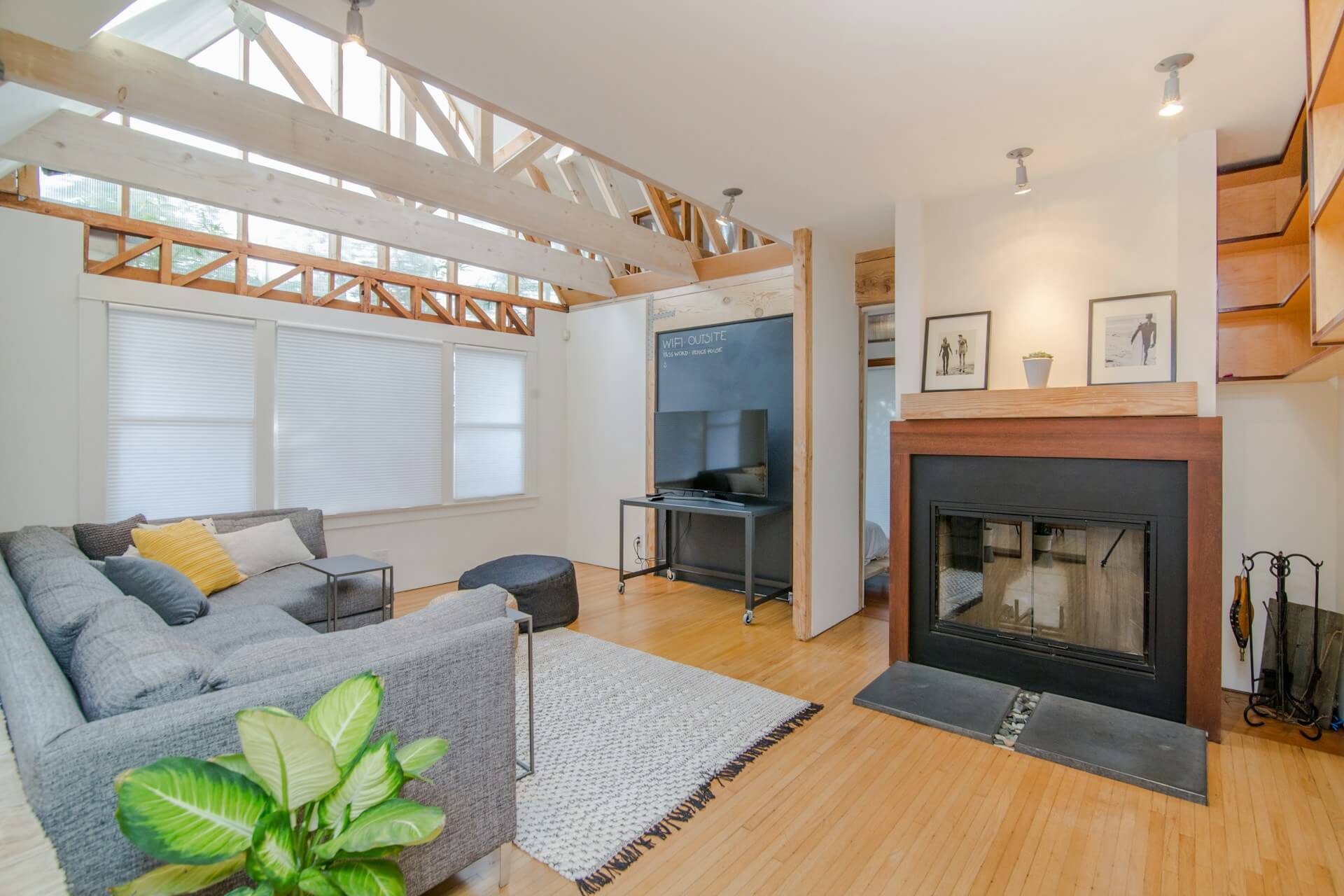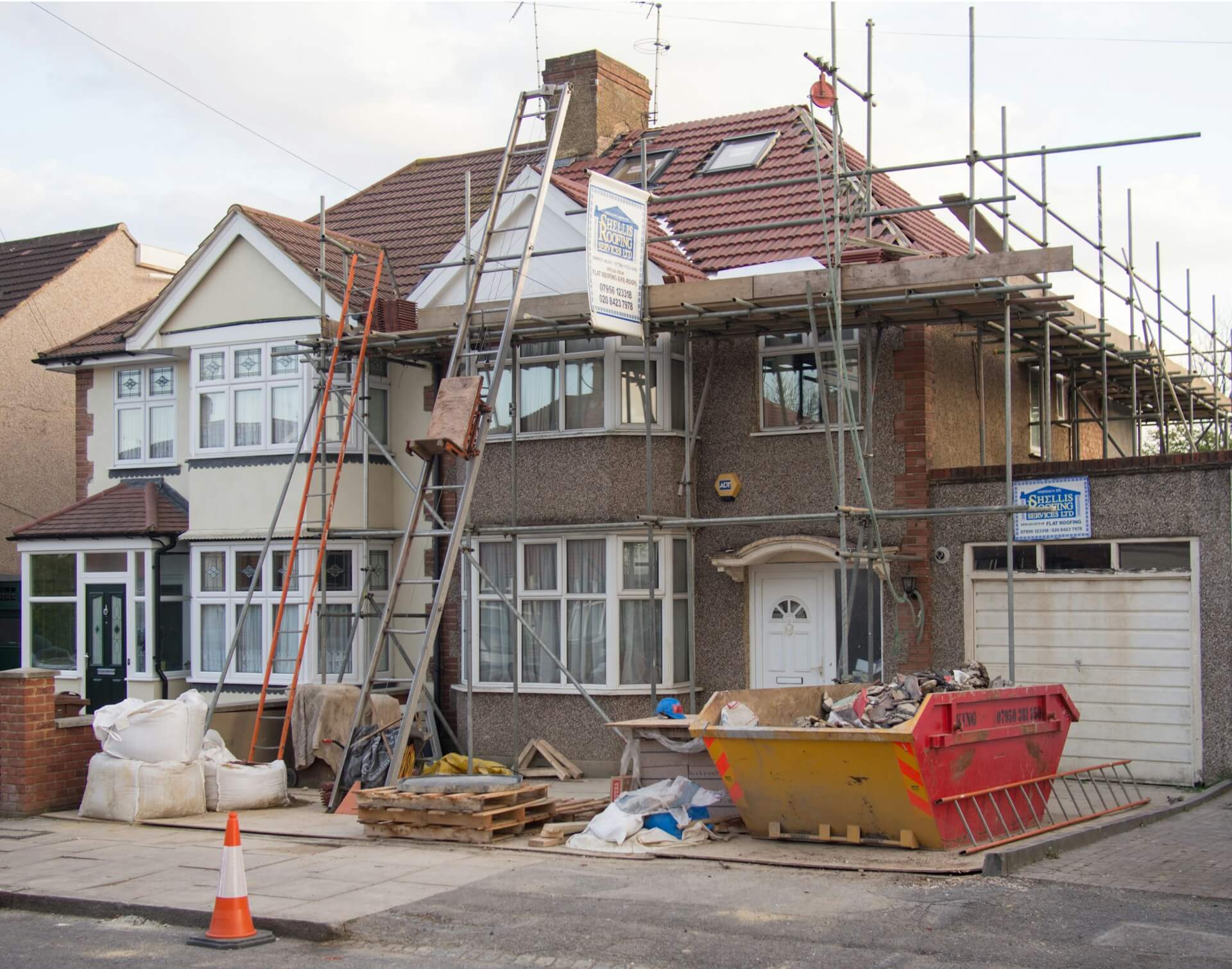The Power of Home Builders in Reshaping the Real Estate Industry
In the vast landscape of the real estate industry, one group stands out as the architects of dreams and the builders of futures: home builders. These professionals hold a unique position in shaping not just physical structures but also the very fabric of communities and societies. Their impact extends far beyond the construction site, influencing economic trends, urban development, and even environmental sustainability. In this exploration, we delve into the multifaceted role of home builders and their transformative power within the real estate sector.

Finding the Right Custom Home Builder
Finding a custom home builder is a crucial step in turning your dream home into a reality. Start by researching local builders and checking their portfolios to see if their style aligns with your vision. Seek recommendations from friends, family, or real estate agents who have worked with builders known for quality craftsmanship and reliability. When meeting with a potential custom home builder, ask about their experience, certifications, and previous projects to gauge their expertise. Transparency about timelines, costs, and communication processes is key to a successful partnership. Look for builders who prioritize client collaboration and are open to customizing designs to suit your preferences. Ultimately, choosing the right custom home builder involves a combination of thorough research, referrals, and clear communication to ensure your project is in capable hands.
Crafting Communities: Beyond Bricks and Mortar
At its core, the work of home builders goes beyond erecting buildings; it's about creating vibrant communities. The design choices they make, from layout and amenities to architectural style, can profoundly impact how people interact and live. For instance, a focus on green spaces and communal areas fosters a sense of belonging and well-being among residents. In this way, home builders become catalysts for social cohesion and community development.
Moreover, their ability to adapt to changing societal needs is crucial. The rise of remote work, for example, has led to a demand for home offices and flexible living spaces. Home builders, attuned to such shifts, incorporate these features into their designs, thereby influencing the evolution of modern living spaces.
Economic Engines: Driving Growth and Innovation
The real estate industry is not just about creating homes; it's a significant driver of economic growth. Home builders contribute to job creation across various sectors, from construction workers and architects to suppliers and service providers. The ripple effect of their activities stimulates local economies and fosters a cycle of prosperity.
Furthermore, home builders are at the forefront of innovation in construction techniques and materials. Embracing sustainable practices, such as energy-efficient designs and eco-friendly materials, not only reduces environmental impact but also sets new standards for the industry. This commitment to innovation not only benefits homeowners but also positions home builders as leaders in shaping a more sustainable future.
Navigating Challenges: Adapting to Market Dynamics
The real estate industry is not without its challenges, from fluctuating market conditions to regulatory complexities. Home builders must navigate these dynamics while maintaining a balance between meeting consumer demands and ensuring profitability. Market research and trend analysis become essential tools in this endeavor, guiding decisions on everything from location selection to design elements.
Moreover, external factors such as economic downturns or policy changes can significantly impact the industry. Home builders, with their resilience and adaptability, often find ways to weather these storms, whether through diversification, cost management, or strategic partnerships. Their ability to pivot and innovate in the face of challenges underscores their influence in reshaping the real estate landscape.
Sustainability and Responsibility: Building for the Future
In an era increasingly focused on sustainability and environmental responsibility, home builders play a pivotal role in shaping the built environment. From energy-efficient construction practices to incorporating renewable technologies, they contribute to reducing carbon footprints and promoting eco-conscious living. Sustainable development not only benefits the planet but also enhances property value and attracts environmentally conscious buyers.
Moreover, home builders bear a responsibility towards ethical practices, ensuring fair labor standards, safety protocols, and adherence to regulatory frameworks. By upholding these standards, they not only earn trust and credibility but also contribute to a more transparent and accountable industry.
Embracing Diversity: Reflecting Society's Tapestry
The diversity of communities is reflected in the work of home builders. Whether catering to different demographics, lifestyles, or cultural preferences, they embrace inclusivity in their designs and offerings. This diversity not only enriches the housing market but also fosters a sense of acceptance and inclusion within neighborhoods.
Furthermore, home builders play a role in addressing housing affordability challenges. Through innovative financing options, such as shared equity programs or affordable housing initiatives, they make homeownership more accessible to a broader spectrum of society. This commitment to inclusivity and affordability contributes to social equity and economic empowerment.
The Future of Home Building: Trends and Opportunities
Looking ahead, the future of home building is filled with both challenges and opportunities. Rapid urbanization, technological advancements, and changing consumer preferences will continue to shape the industry. Homebuilders, embracing digital tools like virtual reality and 3D modeling, can offer personalized experiences and streamline construction processes.
Moreover, the emphasis on wellness-focused design, resilient infrastructure, and smart home technologies presents new avenues for innovation. Sustainable practices will remain a driving force, with a growing demand for net-zero energy homes and green certifications.
In conclusion, home builders wield immense power in reshaping the real estate industry. Their influence extends from the physical structures they create to the communities they nurture and the values they uphold. By embracing innovation, sustainability, inclusivity, and responsibility, home builders are not just builders of homes but architects of a better future for generations to come.
